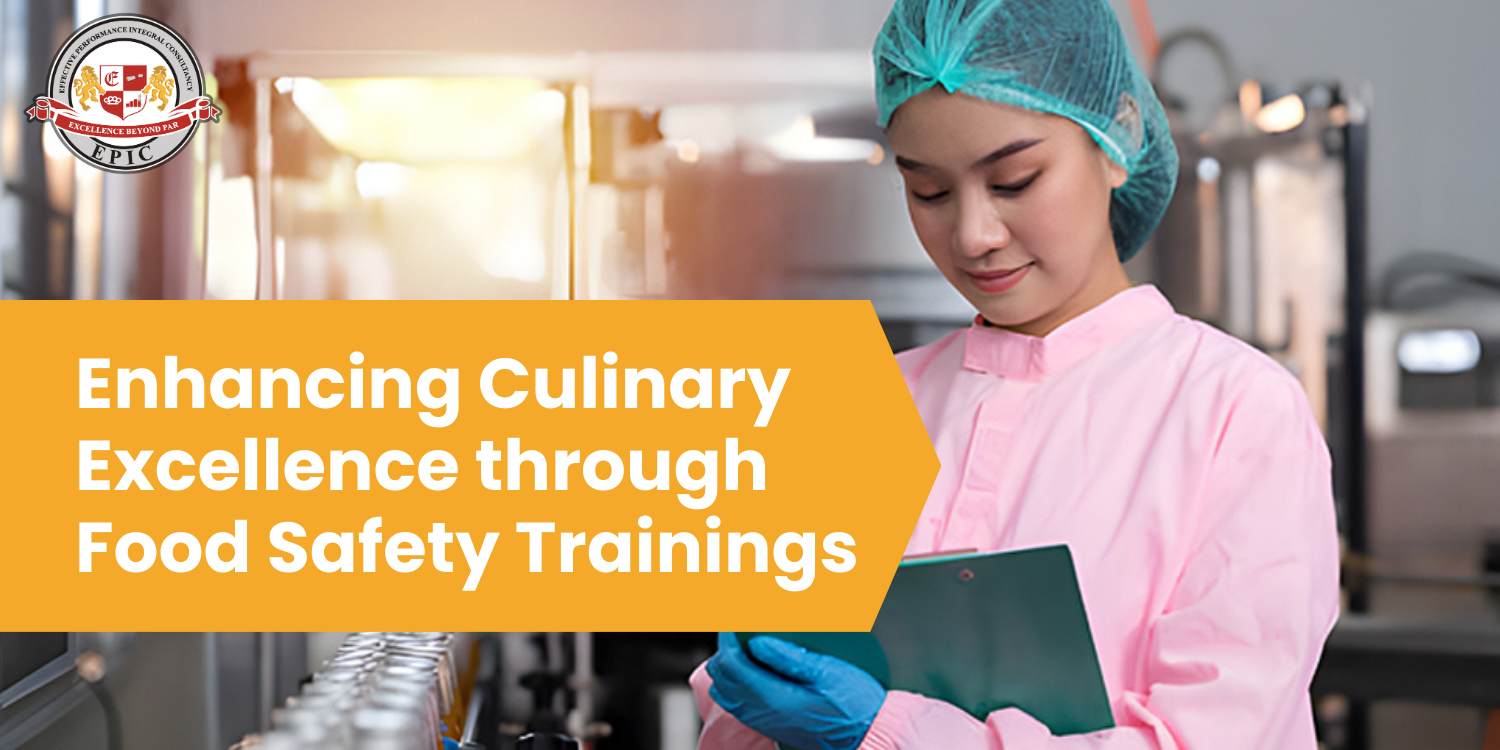
In the intricate world of food preparation and
service, ensuring the highest standards of food safety is paramount. Food
safety trainings emerge as a linchpin for culinary professionals, providing
them with the knowledge and skills necessary to navigate potential hazards and
uphold the well-being of consumers. From foundational principles to advanced
certifications like the Level 4 Award in Food Safety, these trainings play a
pivotal role in elevating the industry's commitment to uncompromised safety.
At the heart of a robust culinary career lies a deep
understanding of food safety principles. Basic food safety trainings lay the
groundwork, covering essential concepts like proper hygiene practices, safe
food handling, and the prevention of cross-contamination. These foundational
trainings ensure that every culinary professional, from chefs to kitchen staff,
is equipped with the fundamental knowledge to maintain a safe and sanitary
kitchen environment.
For those aiming to delve deeper into the intricacies
of food safety, the Level 4 Award stands as a pinnacle of expertise. This
advanced certification goes beyond the basics, delving into risk assessment,
management of critical control points, and the intricacies of designing and
implementing effective food safety management systems. Achieving the Level 4
Award in Food Safety not only demonstrates a commitment to excellence but also
positions individuals as leaders in ensuring uncompromised safety within the
culinary realm.
The broader concept of food safety encompasses a spectrum
of measures aimed at safeguarding every aspect of the food supply chain. From
the farm to the fork, rigorous protocols ensure that the food we consume is
free from contaminants and poses no harm to consumers. This comprehensive
approach involves constant monitoring, regular training updates, and staying
abreast of industry advancements to proactively address emerging challenges.
In an era of technological advancements, the landscape
of food safety training is evolving. Online platforms and e-learning modules
offer flexibility and accessibility, allowing culinary professionals to undergo
training at their own pace. Interactive simulations and virtual scenarios
simulate real-world challenges, providing practical insights that enhance the
effectiveness of training programs. Technology becomes an enabler, fostering a
culture of continuous learning and improvement within the culinary community.
While compliance with food safety regulations is a
non-negotiable aspect of the culinary industry, the benefits of robust food
safety training extend far beyond mere adherence. Culinary establishments that
invest in comprehensive training programs witness operational efficiency,
reduced risks of foodborne illnesses, and heightened customer trust. In an age
where consumers prioritize the safety and quality of their dining experiences,
the commitment to food safety becomes a competitive advantage.
As the culinary landscape continues to evolve, the
importance of food safety trainings remains unwavering. These trainings not
only empower individuals with the knowledge and skills needed to navigate
potential hazards but also contribute to shaping a safer and more resilient
culinary future. Whether through foundational courses or advanced
certifications like the Level 4 Award in Food Safety with EPIC,
investing in training is an investment in culinary excellence and the
well-being of consumers.